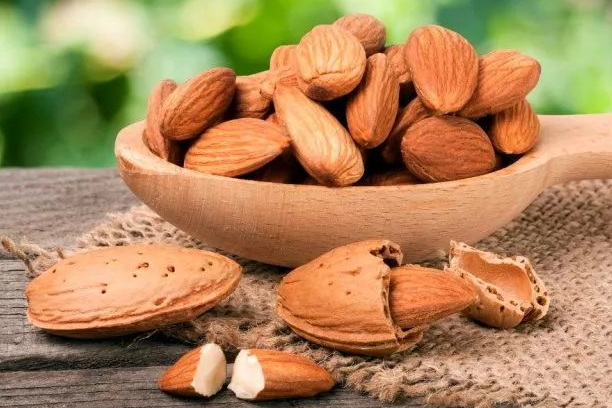 、
、
Nuts are popular as a nutritious and delicious healthy food. The Apricot Kernels (Apricot Kernels, Apricot Kernels) is often one of the top choices for nut products.
Apricot Kernels are a popular nut product in Australia, but people often don't think about whether they are made in Australia or elsewhere when buying nuts. In fact, Australia is now the world's second-largest producer of apricot kernels, with a large export business while meeting domestic demand.
Today, we will introduce the apricot kernels production industry, and introduces a listed on the ASX apricot kernels producers Select Harvests (ASX: SHV). The company's share price has soared 60% in the last six months. If you like apricot kernels, would you be interested in investing in apricot kernels-related companies?
Apricot kernels production industry
Global industry distribution
When purchasing apricot kernels in China, we often hear the name "American big apricot kernels". One reason for this is that the United States is the world's leading producer of apricot kernels.
The world's major producer of apricot kernels, for the United States, the United States in 2016 apricot kernels production up to 860000 tonnes (shelled apricot kernels production, hereinafter referred to yield are shelled apricot kernels apricot kernels), accounts for about 80% of the total global production; It's clearly a monopoly. In addition, the most important apricot kernels producing area in the United States is California, which supplies large quantities of apricot kernels to the world every year.
By 2013, Australia had overtaken Spain to become the world's second-largest producer of apricot kernels. Australia's production of apricot kernels in 2016 was 823, 000 tons, accounting for 7.7% of global production, and is expected to reach 110, 000 tons by 2025.
The world's leading consumers of apricot kernels are the European Union (34 per cent) and the us (28 per cent), followed by China (9 per cent) and India (8 per cent).
In recent years, global apricot kernels production has been on the trend of gradual increase. Apricot Kernels consumption is stable but is expected to increase further in the past two years. The total global production of apricot kernels in 2016 was about 1.093 million tons, and the consumption of apricot kernels was about 1.02 million tons.
Global apricot kernels consumption demand is expected to continue to rise, the apricot kernels of positive health benefits, and the global income income rise, especially in Asia and the Middle East countries have provided support to apricot kernels consumption increase.
Overview of apricot kernels production in Australia
According to the association of Australia Apricot Kernels (Apricot Kernels Board of Australia), Apricot Kernels in 1836 was first grown in Australian kangaroo island, Apricot Kernels orchard area of Australia has now from 2000 in 3555 acres (hectares) expanded to 35886 hectares in 2016; It is widely distributed in western Australia, south Australia and Victoria.
Australia produced 82,333 tons of apricot kernels in 2016 and exported 58,963 tons. Imports of 2,538 tons, domestic consumption of 25,192 tons. In 2016, Australia's per capita consumption of apricot kernels reached 1 kg per person and is still growing.
However, the consumption capacity of australians is obviously far less than that of production capacity, so more than 70 percent of Australian apricot kernels are now exported. Most Australian apricot kernels are exported to Europe and asia-pacific/Oceania. Among them, India is still Australia's largest export country, while Europe and Asia are the largest export regions.
Participants in Australian apricot kernels production industry
Australia has about 150 apricot kernels producers, most of them family-owned, with orchards of less than 100 hectares. But Australia has four big commercial apricot kernels producers. Olam respectively Orchards, the Select Harvests, Apricot Kernelseco, the Nut Producers' (NPA).
Of Olam Orchards Australia is Australia's largest producer of apricot kernels, with over 40% market share, the company for the global agricultural giant Olam International (Olam International) a wholly owned subsidiary of Olam International is the world's leading supplier of chain of agricultural products and food ingredients.
Select Harvests for Australia's second big apricot kernels producers, with about 20% of the market; Next up is Apricot Kernelsco in south Australia, where the NPA is smaller than the first three.
Three Australian listed apricot kernels producers - Select Harvests
An overview of the business
Select Harvests (ASX: SHV) is Australia's nuts and health food company, headquartered in Melbourne suburbs outside Thomastown, orchards located in the northwest of Victoria, new south wales and south Australia in the south. The company has about 7,500 hectares of apricot kernels orchards.
To realize the integrated operation Select Harvests have covered orchard (proprietary, leasing, joint ventures and management), primary processing, secondary processing, trade (industrial products) and consumer products (OEM & brand). Our products are available in supermarkets, health food stores, food industry and apricot kernels trade at home and abroad.
The company has two major departments, the first of which is the apricot kernels department, which is the main source of income. The other department is the food department, which deals with Brand foods held by the company, including Lucky Brand, Soland, Sunsol, NuVitality, etc.
Share price performance
From the Select Harvests a year share price trends, the company can be found the obvious rise, the company gains in nearly a year truly impressive.
The main drivers include commodity prices and the company's output. From these two factors, we can see why the company's stock price was actually lower before.
Select Harvests in 2015, nearly 10 years shares peak of the highest when the company's share price reached $13.64 per share. According to the company's financial data, its output in fiscal year 15 increased from about 10,000 tons in the previous two years to about 14,000 tons. Meanwhile, apricot kernels prices peaked in fiscal year 15. As a result, the company's base net profit for fiscal year 15 soared from a $21.6 million to nearly a $60 million. Shares hit a 10-year high.
However, the good times did not last, and the company's output remained unchanged at about 14,000 tons in fiscal 16 and 17. Meanwhile, the price of apricot kernels began to fall, causing the company's underlying net profit to decline rapidly, falling to a $27.9 million in fiscal 16 and a $9.2 million in fiscal 17. Its share price has since "bottomed out". With little change in apricot kernels prices and production, the upside potential for the company's shares appears to be low.
future
But recent share price performance suggests the company is regaining its upward momentum.
The Australian apricot kernels harvest season is generally from February to April every year. On April 11 this year, SHV announced that about 90% of the 2018 apricot kernels harvest has been harvested and shipped to the processing plant. Based on current progress, the company expects the final 2018 fiscal year to be 15,000 tonnes, in line with previous forecasts and a new breakthrough from 14,000 tonnes in the previous two fiscal years.
The company, meanwhile, has already pre-sold 45 per cent of its expected output and set a market price. On that basis, the company expects the final crop price to be aud 8.10-8.50 / kg (aud/usd 0.77), up about 9-14% from the average price of aud 7.43 / kg in fy17.
In this case, the company's fundamentals have improved and its shares have responded positively.
Moreover, while apricot kernels commodity prices remain low, they have not changed much. But compared to other nuts, commodity prices, is relatively cheap, and that instead of nuts from the side to the user (e.g., food makers, restaurants and consumers, etc.), it means that there may be a cheaper nuts alternatives (e.g., do not use the walnut to apricot kernels). This may stimulate the demand for apricot kernels.
Four summary
Like the Select Harvests nut production and exporters, factors affecting its performance is relatively good discrimination, such as commodity prices, production, exchange rate, etc. And for nut producers, the global dominance of California's nut industry could cause market volatility. That, however, seems to give investors a greater chance to make better judgments.
Apricot Kernels is a kind of healthy nut food that everybody likes to enjoy generally. With the consumption trend of diet becoming more and more healthy, its audience is expected to expand continuously. For people who like apricot kernels, it's fun to invest in something you love. What's more, in the right circumstances, this investment can also create a large profit.
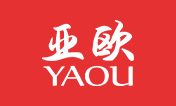
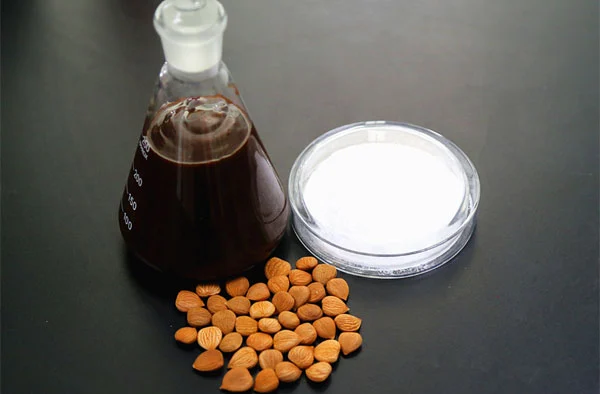
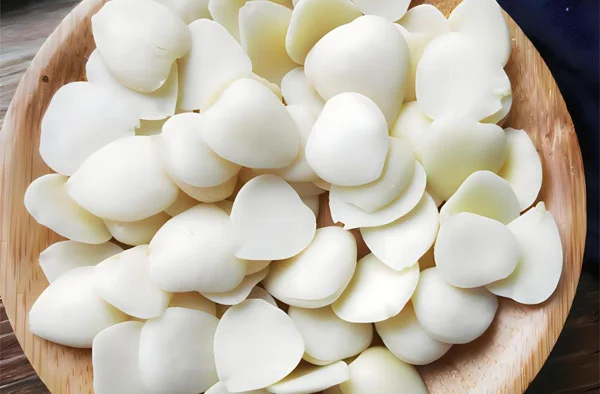
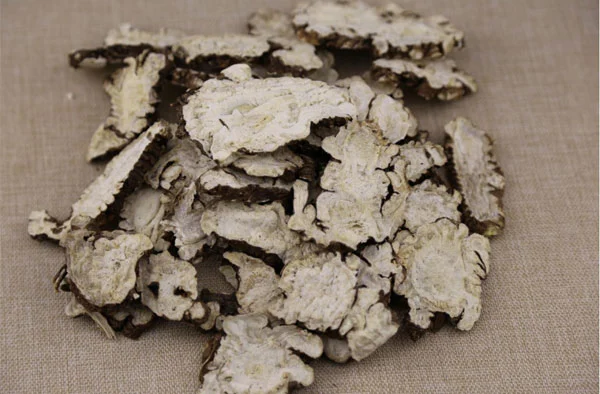
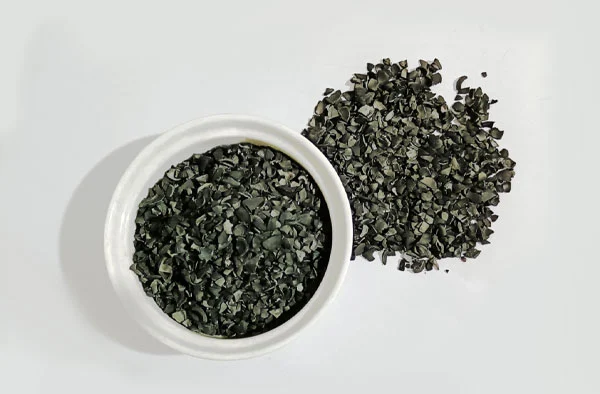

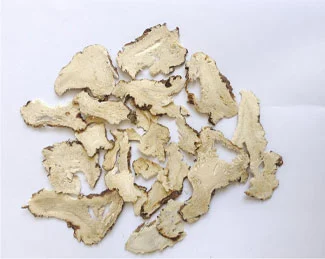
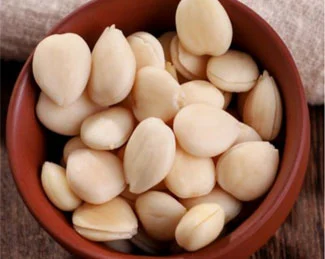
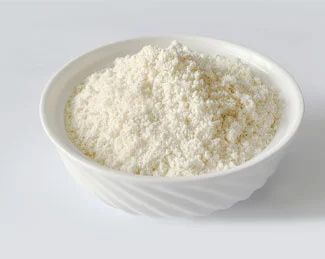
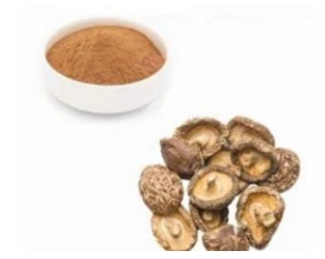
 Products
Products